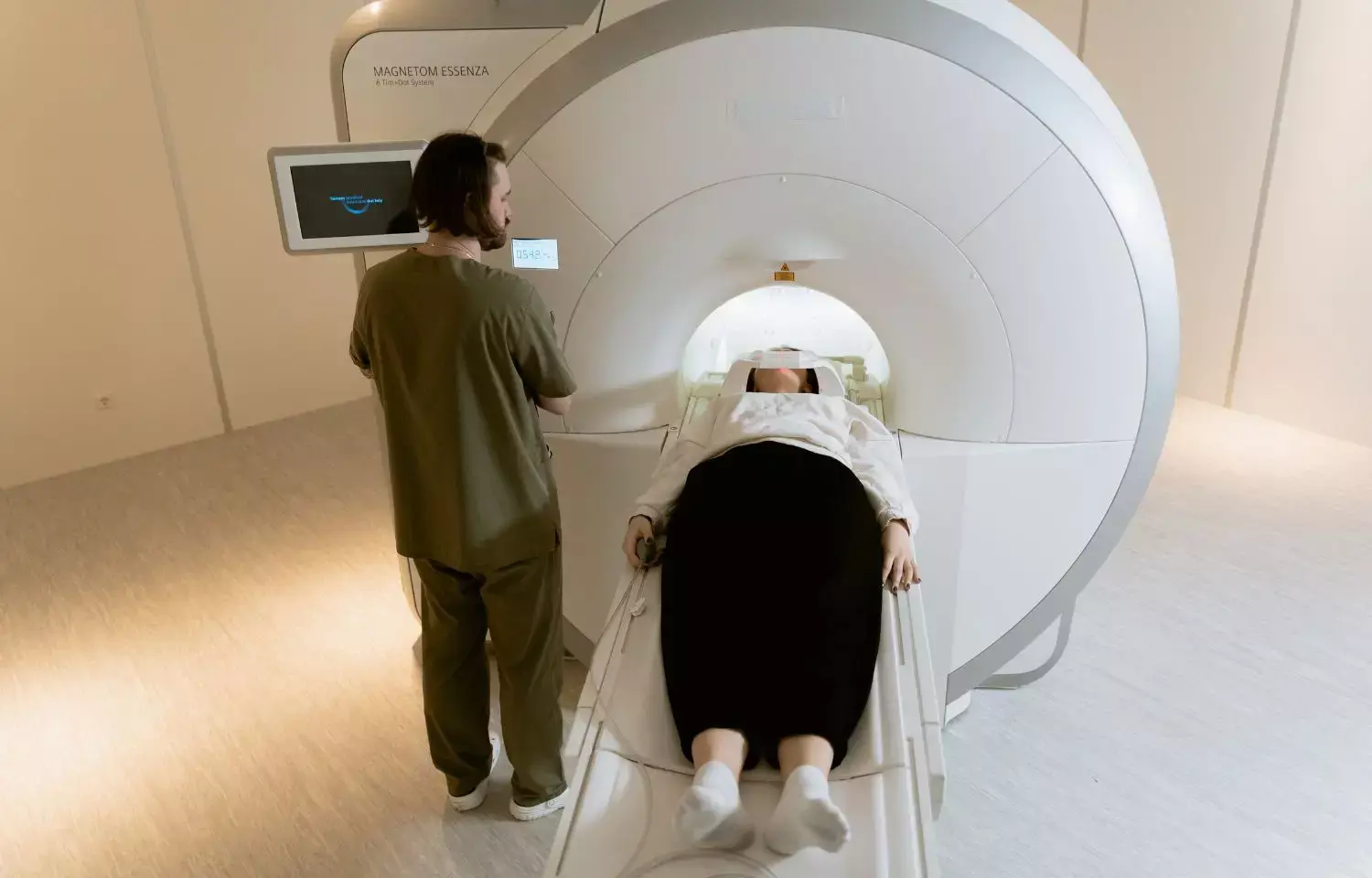- Home
- Medical news & Guidelines
- Anesthesiology
- Cardiology and CTVS
- Critical Care
- Dentistry
- Dermatology
- Diabetes and Endocrinology
- ENT
- Gastroenterology
- Medicine
- Nephrology
- Neurology
- Obstretics-Gynaecology
- Oncology
- Ophthalmology
- Orthopaedics
- Pediatrics-Neonatology
- Psychiatry
- Pulmonology
- Radiology
- Surgery
- Urology
- Laboratory Medicine
- Diet
- Nursing
- Paramedical
- Physiotherapy
- Health news
- Fact Check
- Bone Health Fact Check
- Brain Health Fact Check
- Cancer Related Fact Check
- Child Care Fact Check
- Dental and oral health fact check
- Diabetes and metabolic health fact check
- Diet and Nutrition Fact Check
- Eye and ENT Care Fact Check
- Fitness fact check
- Gut health fact check
- Heart health fact check
- Kidney health fact check
- Medical education fact check
- Men's health fact check
- Respiratory fact check
- Skin and hair care fact check
- Vaccine and Immunization fact check
- Women's health fact check
- AYUSH
- State News
- Andaman and Nicobar Islands
- Andhra Pradesh
- Arunachal Pradesh
- Assam
- Bihar
- Chandigarh
- Chattisgarh
- Dadra and Nagar Haveli
- Daman and Diu
- Delhi
- Goa
- Gujarat
- Haryana
- Himachal Pradesh
- Jammu & Kashmir
- Jharkhand
- Karnataka
- Kerala
- Ladakh
- Lakshadweep
- Madhya Pradesh
- Maharashtra
- Manipur
- Meghalaya
- Mizoram
- Nagaland
- Odisha
- Puducherry
- Punjab
- Rajasthan
- Sikkim
- Tamil Nadu
- Telangana
- Tripura
- Uttar Pradesh
- Uttrakhand
- West Bengal
- Medical Education
- Industry
CT Imaging Found More Accurate for Assessing Bone Density in Diabetes Patients, claims research

A study published in Skeletal Radiology suggests that CT imaging may offer a more accurate evaluation of bone mineral density (BMD) in individuals with diabetes compared to traditional methods. Among over 1,000 participants, those with diabetes particularly with reduced kidney function showed higher baseline vertebral BMD and significant increases over time. The study was conducted by Elena G. and colleagues.
The longitudinal assessment used 1,046 subjects with vertebral BMD data available from chest CT scans on Exam 5 (2010–2012) and Exam 6 (2016–2018). Diabetes status was defined according to American Diabetes Association guidelines, and subjects with prediabetes (impaired fasting glucose) were excluded to ensure that group comparisons remained clear.
Volumetric BMD estimates were derived from a validated deep learning-based algorithm that segmented the trabecular content of thoracic vertebrae. Researchers applied linear mixed-effects models to estimate the rate of change in BMD over time and tested the interaction between kidney function, as determined by estimated glomerular filtration rate (eGFR), and diabetes status. On the basis of the interaction, the group performed stratified analyses with an eGFR cut-point of 60 mL/min/1.73 m² to separate preserved and impaired renal function.
Key Findings
Diabetic participants had greater baseline vertebral BMD than non-diabetic participants:
• 202 mg/cm³ versus 190 mg/cm³.
• After a median follow-up of 6.2 years, diabetes participants had an increased BMD at a rate of 0.62 mg/cm³ per year (95% Confidence Interval [CI]: 0.26, 0.98).
• In those with diabetes and compromised kidney function (eGFR < 60), the rate of increase in BMD was significantly greater (1.52 mg/cm³/year (95% CI: 0.66, 2.39)).
• By contrast, diabetic patients with maintained kidney function (eGFR ≥ 60) exhibited a less pronounced increase (0.48 mg/cm³/year (95% CI: 0.10, 0.85)).
Overall, this research was able to show that vertebral BMD does actually increase over time in patients with diabetes, specifically in those who have decreased kidney function, displaying a paradox between fracture risk and BMD values in these patients. These findings indicate that standard BMD tests may not accurately be used to determine skeletal health in diabetic patients. Future studies should aim to combine bone quality measures, microstructure analysis, and long-term fracture incidence to design more precise risk stratification instruments specific for the diabetic patient.
Reference:
Dr Riya Dave has completed dentistry from Gujarat University in 2022. She is a dentist and accomplished medical and scientific writer known for her commitment to bridging the gap between clinical expertise and accessible healthcare information. She has been actively involved in writing blogs related to health and wellness.
Dr Kamal Kant Kohli-MBBS, DTCD- a chest specialist with more than 30 years of practice and a flair for writing clinical articles, Dr Kamal Kant Kohli joined Medical Dialogues as a Chief Editor of Medical News. Besides writing articles, as an editor, he proofreads and verifies all the medical content published on Medical Dialogues including those coming from journals, studies,medical conferences,guidelines etc. Email: drkohli@medicaldialogues.in. Contact no. 011-43720751


